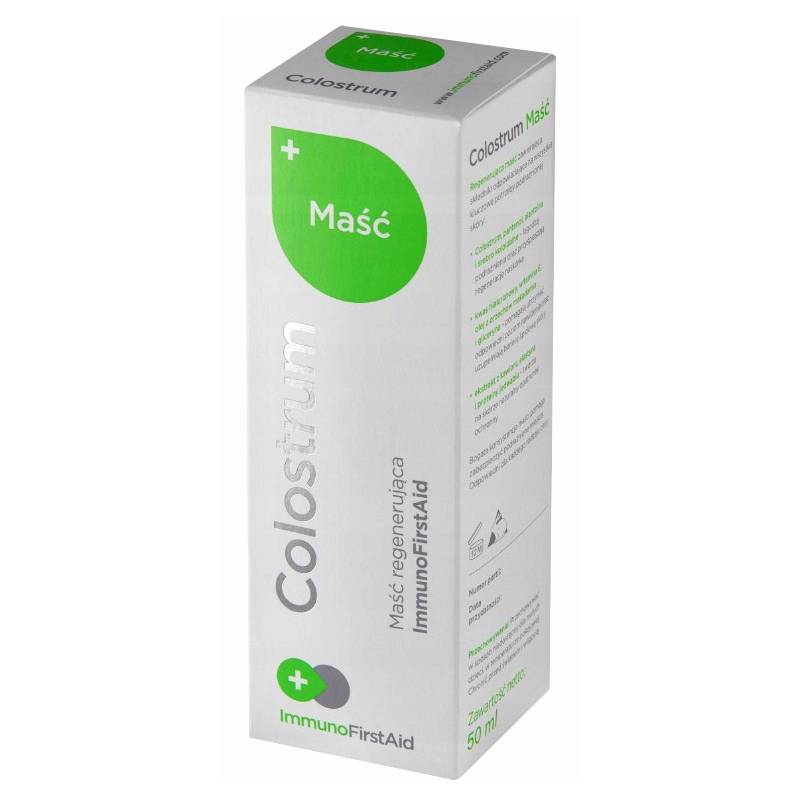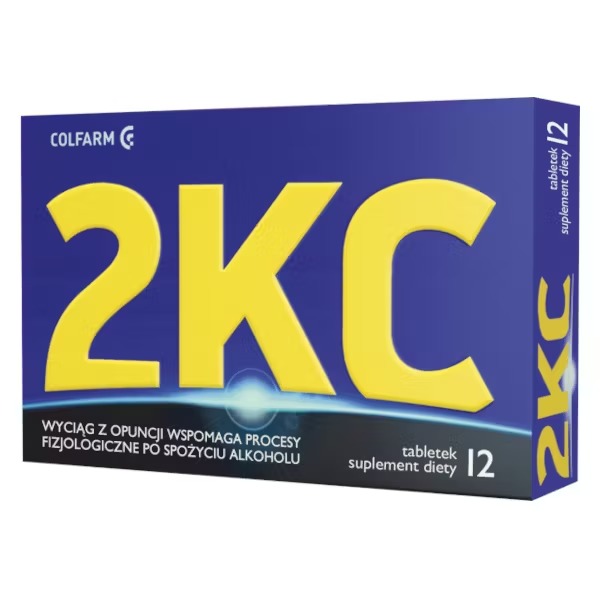Contents : 100 cellulose capsules (HPMC), containing 500 mg of vitamin C each.
- Directions for use: Take 1 capsule once a day with water.
- Storage conditions: Store in a dry, dark place, out of reach of children.
- NOTES: Do not exceed the recommended daily dose.
- The product cannot be used as a substitute for a properly varied diet.
The role of vitamin C in the body
Vitamin C , or ascorbic acid is a substance that is essential for the proper functioning of humans. It performs numerous functions in the body, and its deficiency can have serious consequences. Humans, unlike most animals and plants, cannot produce it on their own. That is why it is so important to provide an adequate dose of vitamin C with food or in the form of a supplement.
It is a popular belief that vitamin C is a good cure for colds. However, studies have shown that supplementing it during illness does not alleviate symptoms of infection. However, it has been proven that prophylactic vitamin C intake can shorten the duration of colds – by 14% in children and 8% in adults, respectively. The most spectacular effects were observed among athletes – thanks to regular supplementation, they fell ill half as often.
So what are the properties of vitamin C? So far, it has been proven that:
- it is required for the synthesis of collagen, and therefore influences the proper condition of the connective tissue;
- facilitates the healing process of wounds;
- facilitates the absorption of iron;
- is an activator of many enzymes;
- takes part in the synthesis of corticosteroids and some neurotransmitters and in the metabolism of tyrosine;
- has a stabilizing effect on the psyche;
- plays a role in dentistry – vitamin C fights bacteria that cause tooth decay and strengthens teeth and gums.
In addition, vitamin C is a powerful antioxidant. These compounds neutralize free radicals and help slow down the aging process of the body.
There are also reports that vitamin C has anti-cancer effects. So far, it has been noted that intravenous administration of sodium ascorbate (a form of vitamin C) has a cytotoxic effect on cancer cells.
Symptoms of Vitamin C Deficiency
Signs that there is too little ascorbic acid in the human body include:
- weakening of blood vessels,
- swelling and pain in joints,
- difficult wound healing,
- improper bone healing after fractures,
- decrease in the body’s immunity,
- scurvy – a disease characterized by ulceration and bleeding gums and loss of teeth,
- dryness and faster aging of the skin.
Today, the incidence of scurvy in well-developed countries is very rare. Vitamin C deficiency is, however, often seen in smokers.
Vitamin C Dosage
The optimal dose of vitamin C depends on the age and gender of the person, but also on other factors, such as health status and exposure to stress. In adults, the daily requirement for ascorbic acid is about 1 mg/kg of body weight. In the case of children, higher doses of vitamin C are recommended – about 2 mg/kg of body weight per day. Ascorbic acid taken orally in a dose of up to 200 mg is almost completely absorbed.
Vitamin C Overdose and Side Effects
Excess ascorbic acid is usually removed from the body by itself in the urine. In general, an overdose of vitamin C should not be harmful, but doses above 2000 mg (2 g) per day may cause side effects such as:
- nausea,
- vomiting,
- diarrhea,
- other stomach ailments,
- skin rash.
A decrease in immunity may also occur after a rapid reduction in the dose.
Taking ascorbic acid supplements may increase the likelihood of kidney stone formation in susceptible patients. A 2015 study found this effect, but only in men. For safety reasons, it is recommended that people with kidney stones or a tendency to develop kidney stones, if uric acid and/or calcium oxalate are present in the stones, do not exceed a daily dose of 500 mg of ascorbic acid.
Vitamin C facilitates the absorption of iron. Patients suffering from iron metabolism disorders such as sideroblastic anemia, hemochromatosis and thalassemia should exercise caution when supplementing and not take doses of ascorbic acid above 500 mg per day.
If blood or urine tests are to be performed, vitamin C supplements should be discontinued at least 24 hours in advance. Large doses of ascorbic acid may affect the results of laboratory tests using redox methods. Such tests are used to determine levels of:
- glucose,
- creatinine,
- bilirubin,
- alanine aminotransferase (ALAT),
- aspartate aminotransferase (AST),
- lactate dehydrogenase (LDH).
Vitamin C in pregnancy
Studies on pregnant animals have shown that high doses of vitamin C have a harmful effect on their fetuses. Although a similar effect has not been proven in humans, women are not advised to take large amounts of vitamin C during pregnancy.
Interactions of vitamin C with other substances
Vitamin C may affect the action of some medications. It has been confirmed that ascorbic acid:
- accelerates the absorption of iron;
- accelerates the removal of tricyclic antidepressants from the body;
- reduces the effectiveness of phenothiazine derivatives used in antipsychotic and antiallergic drugs;
- reduces the effectiveness of aminoglycoside antibiotics, which include amikacin and gentamicin.
Vitamin C may also affect the action of oral hormonal contraception. It has been confirmed that a dose of vitamin C of 1000 mg can cause an almost two-fold increase in the level of estrogen in the blood. As a result, the side effects of contraceptive pills may occur more often or may be more severe. The side effects of high estrogen levels include: headaches, depression, nausea, vomiting, flatulence, gallbladder problems, hair loss, increased blood sugar levels. It is best for women taking oral hormonal agents to provide their bodies with 50-100 mg of ascorbic acid daily. In particular, they should not exceed a dose of 1000 mg per day. A sudden decrease in the supply of vitamin C when using oral contraception may also cause side effects – there may be a rapid decrease in estrogen levels, and consequently a decrease in protection against fertilization.
Note! A dietary supplement cannot be used as a substitute for a varied diet. It is important to maintain health by eating a balanced diet and leading a healthy lifestyle.






































Reviews
Clear filtersThere are no reviews yet.